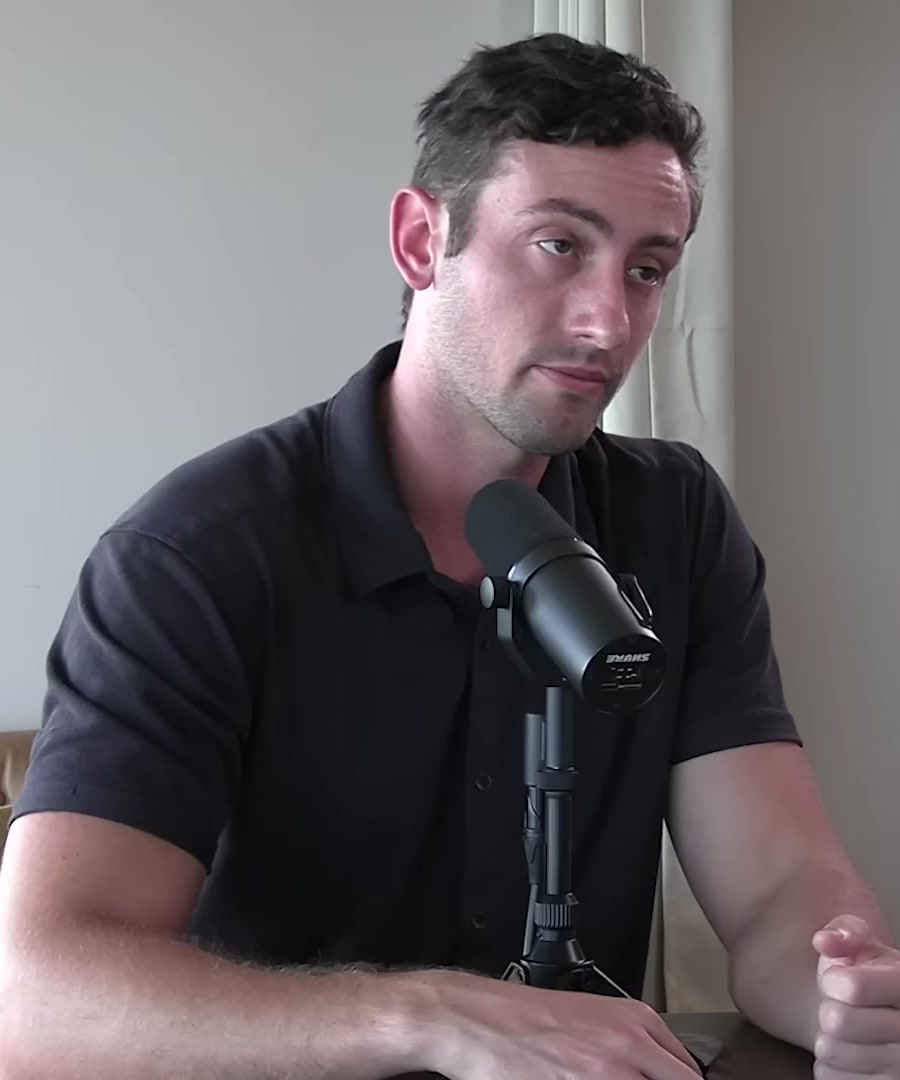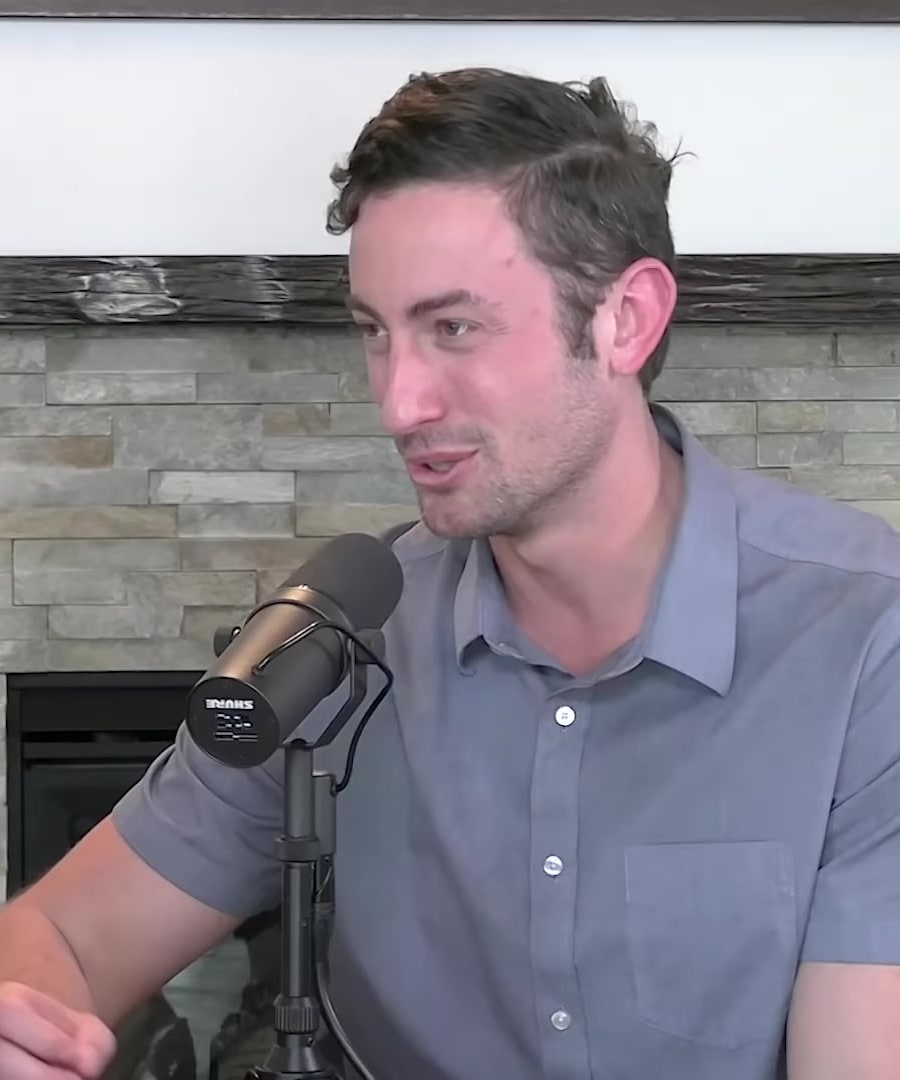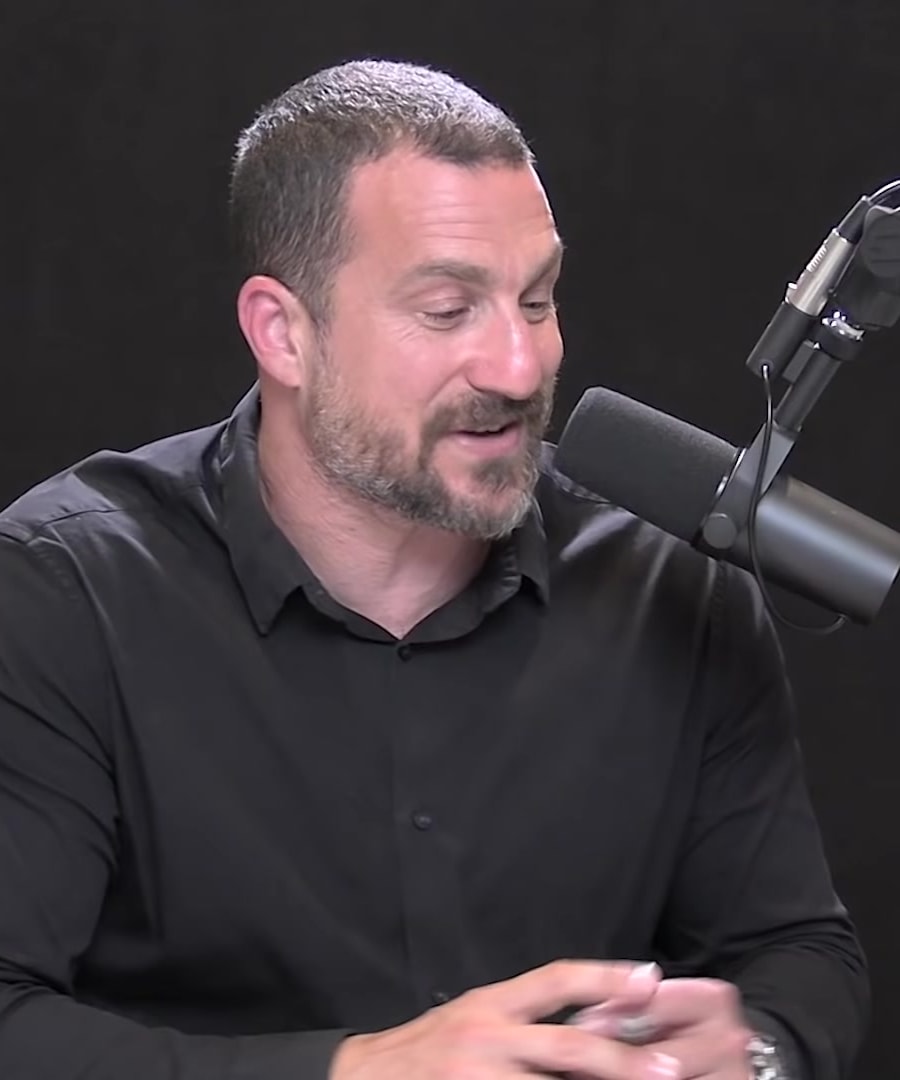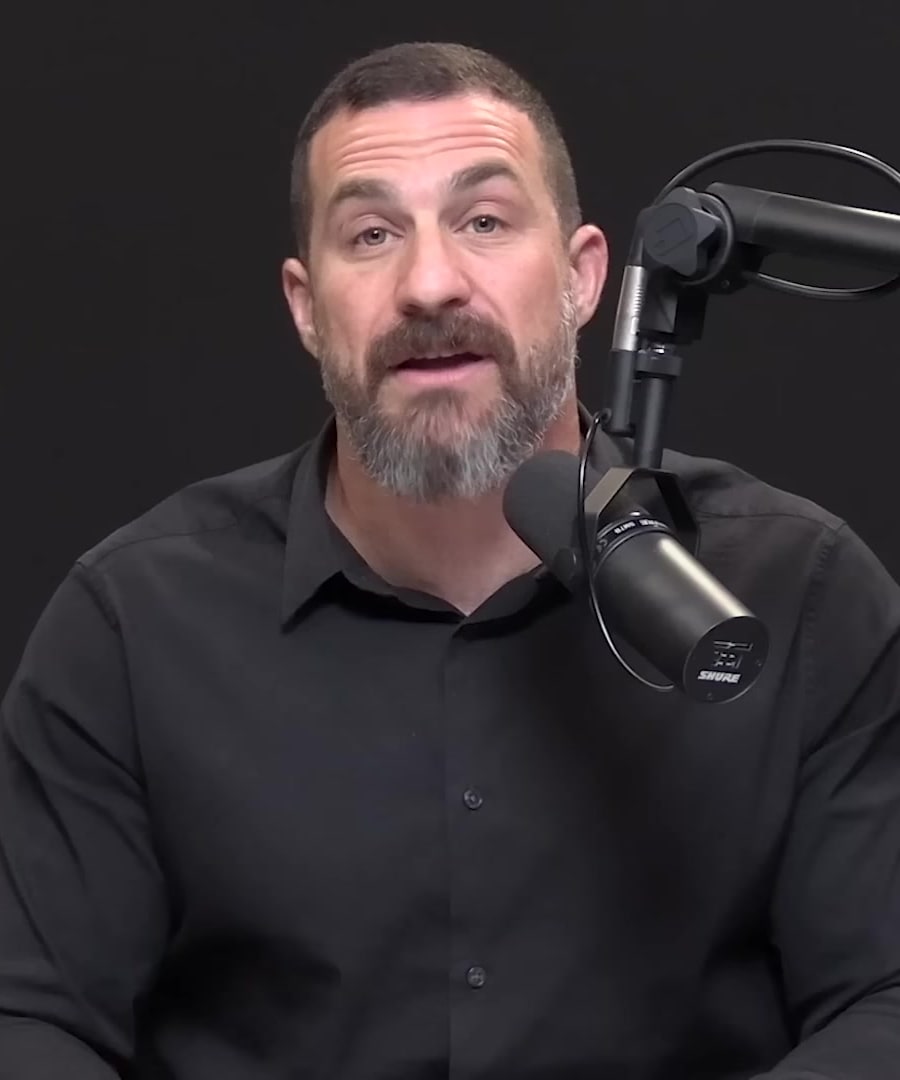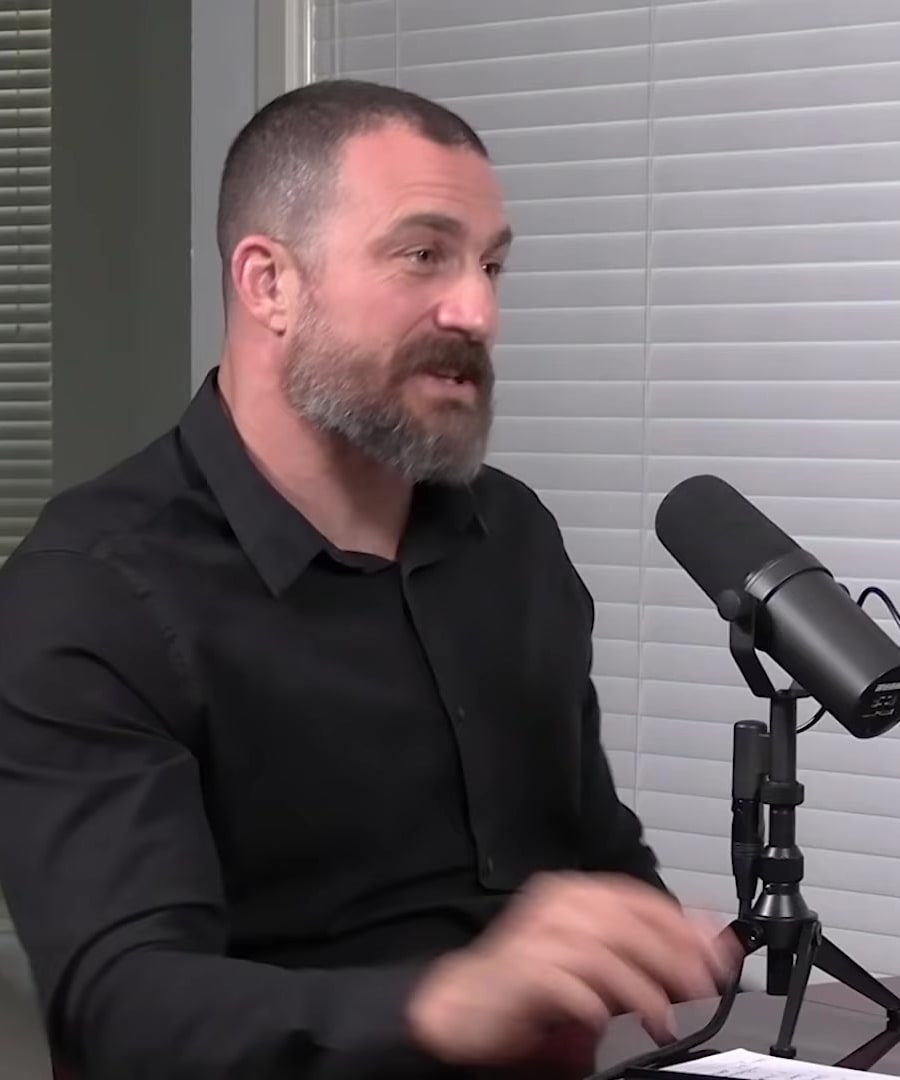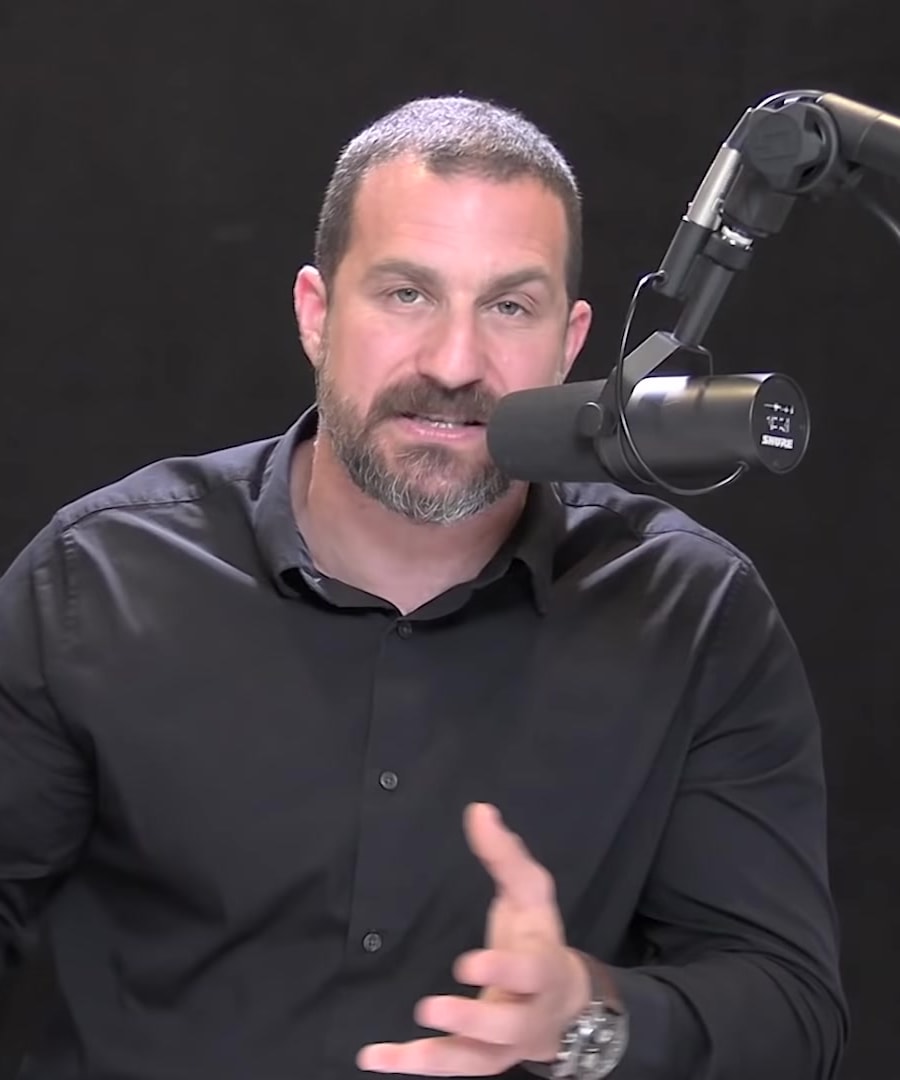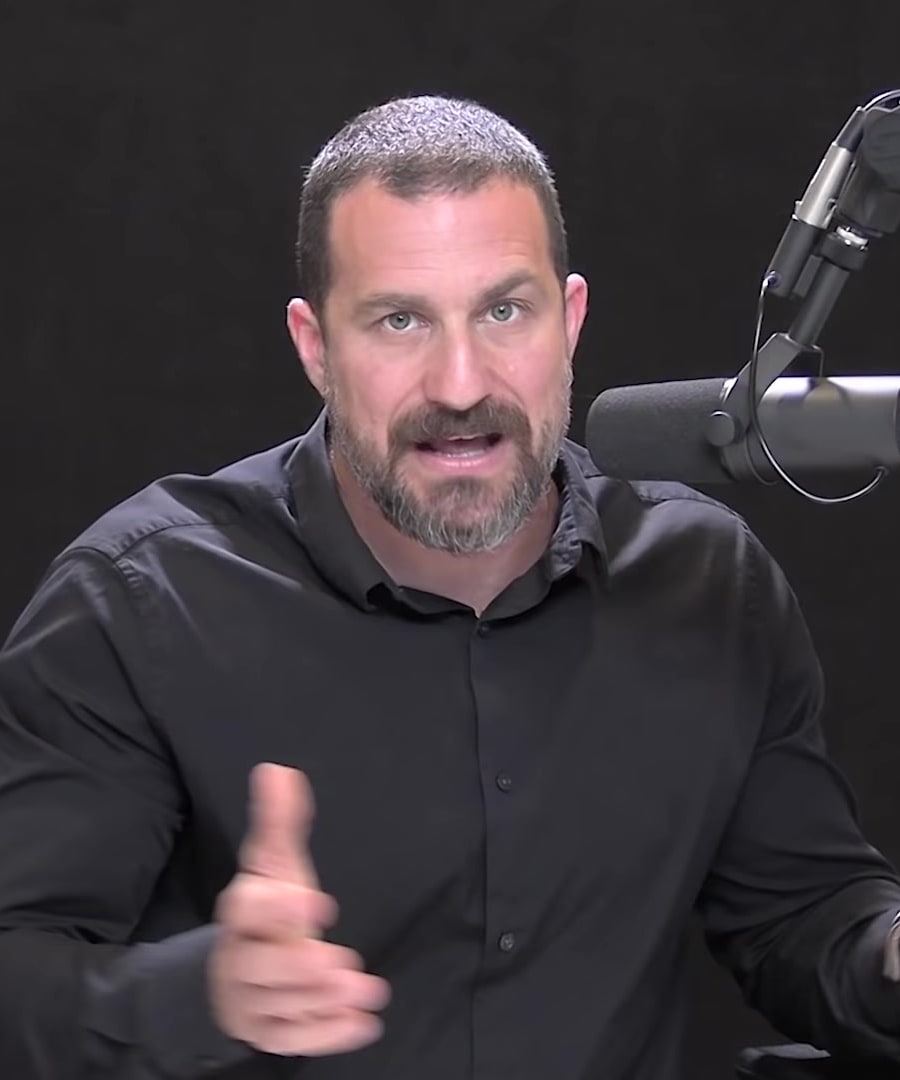When is it best to take Tongat Ali?
Sources:
Tongkat Ali, also known as Longjack or Eurycoma longifolia, is often taken to increase libido and free testosterone levels. recommends taking 400 milligrams per day of Tongkat Ali, typically early in the day because it can have a mild stimulating effect. It has been suggested that taking it after 02:00 p.m. might interfere with sleep. As for whether to cycle Tongkat Ali or take it continuously, Dr. Huberman has mentioned that he does not cycle Tongkat Ali and has been taking it continuously for years without issues, although he does regular blood work to monitor key health indicators such as liver enzymes 1 2.
Therefore, based on this information, taking Tongkat Ali in the morning seems to be the best practice to avoid any potential interference with sleep and might provide a mild stimulant effect beneficial during the day. Always consult with a healthcare professional before starting any new supplement regimen to ensure it's appropriate for your health needs.
Thank you for your feedback!RELATED QUESTIONSIs alpha gpc dangerous
Sources:
Alpha-GPC is generally recognized as safe when taken in appropriate dosages. has recommended taking Alpha-GPC at dosages of 300 to 600 milligrams to improve focus and concentration, usually before cognitive work or workouts 1. In some contexts, higher dosages up to 1200 milligrams per day have been used to offset age-related cognitive decline, although these dosages are typically only for specific medical purposes and under clinical guidance 2.
However, there have been some concerns about Alpha-GPC and its long-term use, particularly regarding a study suggesting that Alpha-GPC when taken chronically over many years could increase one's vulnerability to stroke. reviewed these data and found them not very conclusive but emphasized the need for caution. The concern is related to increases in TMAO levels, a marker associated with cardiovascular risk. One way to potentially offset these increases is by taking 600 milligrams of garlic when consuming Alpha-GPC 1.
Therefore, while Alpha-GPC can be beneficial for cognitive enhancement and focus, as with any supplement, it is essential to use caution, consult a healthcare professional before use, especially for those considering long-term usage, and consider relevant studies and safety data.
RELATED QUESTIONSWhat to do if a person can never feel like they had enough of food.
Sources:
If a person never feels like they've had enough food, it's valuable to understand the mechanisms through which the body communicates hunger and satiety to the brain. There are two types of information that play important roles here: mechanical and chemical. Mechanical information relates to the volume inside your stomach; when it is full, it sends signals to the brain that suppress hunger. Conversely, when the stomach is empty, even if the body has enough energy stores, the brain receives signals that increase the focus on food 1.
Chemical signals are also important. For example, when blood sugar levels rise after eating, it sends satiety signals to the brain. Certain hormones and peptides, such as GLP-1 or glucagon-like peptide 1, can reduce hunger by activating neurons in the hypothalamus that make you feel full and by sending signals from the gut to the brain to indicate satiety 2.
However, the perception and mindset regarding eating and hunger also play significant roles in how satisfied we feel. If a person feels they are never getting enough, it could be less about the physical need for food and more linked to their feelings and mental state towards eating and satisfaction 3.
Additionally, understanding evolutionary drives can be helpful; the innate desire to eat often and quickly is embedded in our biology, but it may not align with modern lifestyles where food is typically abundant. Therefore, addressing never feeling full might involve looking at both physical cues like volume and chemical signals, as well as psychological aspects and learned behaviors 4.
For someone struggling with perpetual hunger, consulting with a healthcare provider, like a nutritionist or dietitian, can be beneficial. These professionals can help determine if there are underlying medical issues or if behavioral, lifestyle, or psychological interventions could aid in managing hunger and promoting a sense of satiety.
RELATED QUESTIONSHow to build a bonfire
Sources:
The Huberman Lab has not directly discussed how to build a bonfire in the available data. Building a bonfire typically involves organizing materials, ensuring safety, and following a procedure for lighting and maintaining the fire. Without specific advice from the Huberman Lab, it's suggested to refer to safety guidelines and step-by-step instructions from reliable sources on fire building and management. It's always important to have clear safety measures in place, proper authorization if required, and to be environmentally considerate when enjoying a bonfire.
RELATED QUESTIONSWhen to take ashwaganda
Sources:
suggests that since Ashwagandha is a potent suppressor of cortisol, it should probably be taken later in the day or in the evening, given that cortisol is typically high in the morning to provide energy throughout the day. He mentions not having heard of Ashwagandha preventing sleep or causing insomnia. The time he personally takes it is before sleep and possibly with his last meal of the day, which is at least two hours before going to bed. The dosages can vary greatly, and he advises following the dosage on the bottle from a reputable brand as well as checking resources like Examine.com for a range of dosages used in studies 1.
It is important to note that emphasizes the significance of individual responsibility in ensuring the safety of supplements for personal use, as they can differ from person to person 2.
Please remember to consult with a healthcare professional before starting any supplement regimen.
RELATED QUESTIONS
When is it best to take Tongat Ali?
- Thank you for your feedback!RELATED QUESTIONS
Is alpha gpc dangerous
- RELATED QUESTIONS
What to do if a person can never feel like they had enough of food.
- RELATED QUESTIONS
How to build a bonfire
- RELATED QUESTIONS
When to take ashwaganda
- RELATED QUESTIONS
